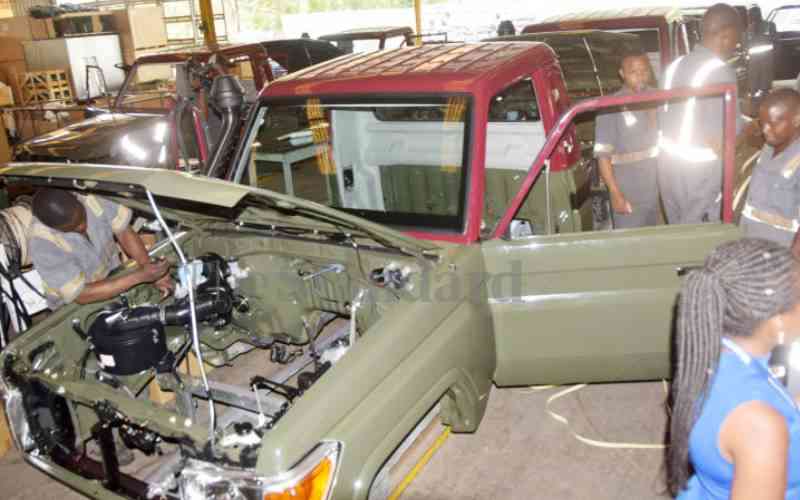×
The Standard e-Paper
Home To Bold Columnists

In the last few years, Kenya has braced itself for a radical overhaul of its budding automotive sector.
Through a mix of regulatory policy and taxation on the back of a weakening shilling, the country's second-hand vehicle market or grey imports is on the precipice.